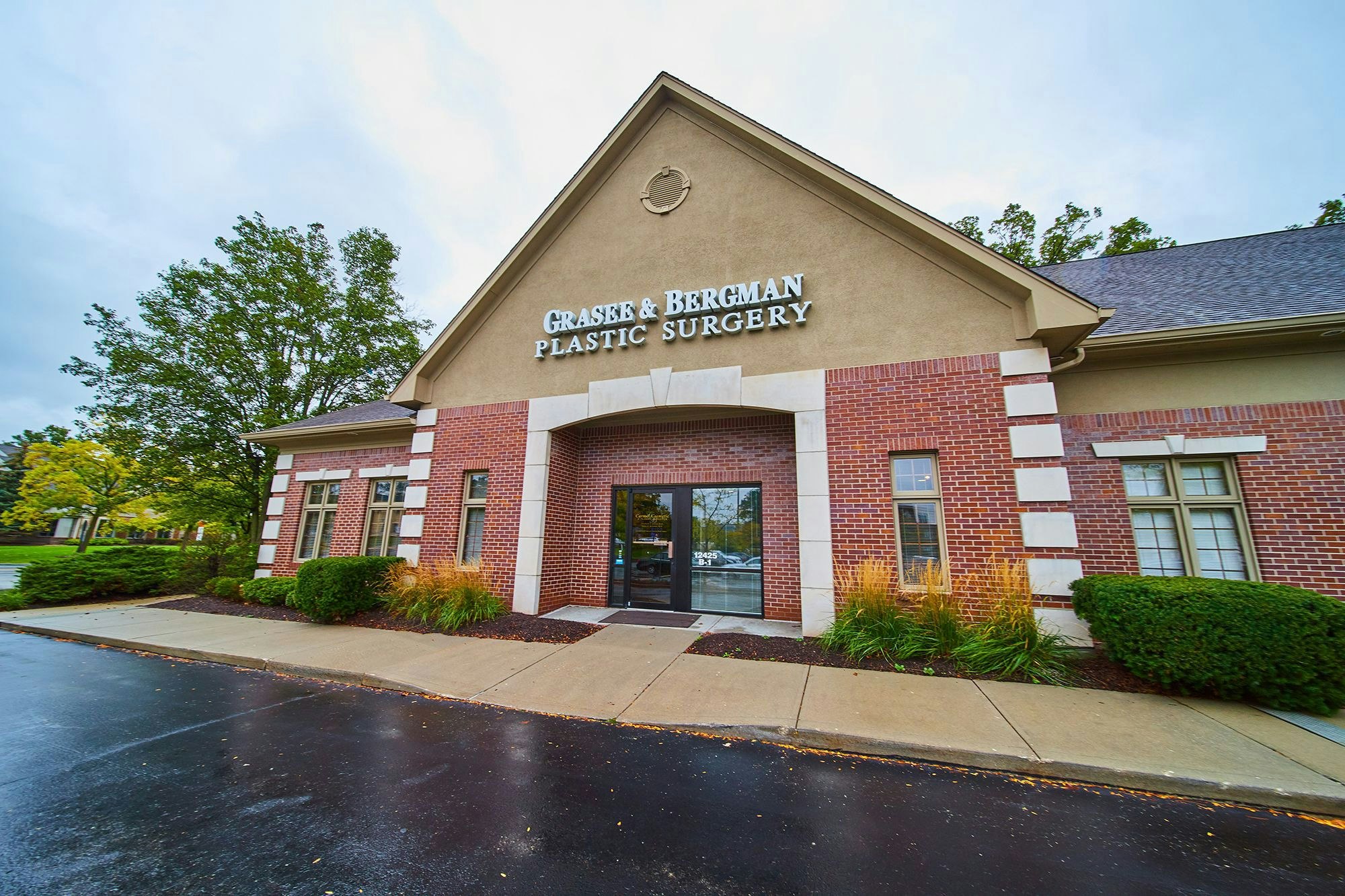The Hidden Costs of Medical Tourism
 The demand for plastic surgery has risen in recent years. As plastic surgery has become more common and accepted, patients have been known to shop internationally for deals and discounts. This has sparked a new category of travel dubbed "medical tourism."
The demand for plastic surgery has risen in recent years. As plastic surgery has become more common and accepted, patients have been known to shop internationally for deals and discounts. This has sparked a new category of travel dubbed "medical tourism."
The cost of cosmetic, plastic surgery procedures can vary wildly from one country to the next and some patients are choosing to take a "plastic surgery vacation" in order to travel abroad for cheaper deals.
Unfortunately, there are real risks associated with medical tourism. This doesn't mean that there are not many qualified plastic surgeons in other countries. Just be weary of any deal that seems too good to be true.
Listed below are some of the hidden costs of medical tourism:
1. Complications and revisions
Plastic surgery is invasive. This means that there are risks of complications arising. This is why board-certified plastic surgeons in the U.S. give patients strict guidelines and require periodic check-ins during the recovery process. If you reside in another country far from where your surgery was performed, you may not have the luxury of returning for follow-up care. This can pose challenges for patients and doctors alike in managing proper care when you are home.
2. Travel safety
Some of the most popular plastic surgery destinations require long flights and significant amounts of travel. While this is fine before surgery, it's important to note that the risk of developing blood clots, infections and other serious complications can be significantly higher when you put yourself through the stress of long-distance travel immediately after surgery.
3. Postoperative recovery
Before opting to take a plastic surgery vacation, you should seriously consider how you will manage post-operative recovery. It can take many weeks for your body to fully heal requiring ongoing professional care.
4. Quality of care
It is possible to receive excellent medical treatment outside of the U.S., but anyone considering traveling abroad should understand that every country has different standards of care and varying levels of best practices.
5. No legal protections
One final consideration is the fact that U.S. patients in foreign countries generally have no legal recourse if major complications arise or negligence is suspected. In the U.S., there are malpractice laws and stringent rules in place to help keep patients safe, but these laws often hold no bearing outside of the country.
For many patients, it can be safer and more affordable in the long run to shop around within the United States.
Contact us to start your consult with one of our board certified plastic surgeons, Dr Grasee or Dr Bergman.





